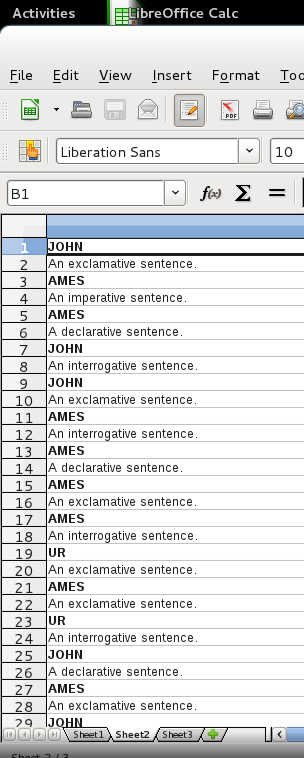
"When I choreograph a piece by tossing pennies -- by chance, that is -- I am finding my resources in that play, which is not the product of my will, but which is an energy and a law which I too obey. Some people seem to think that it is inhuman and mechanistic to toss pennies in creating a dance instead of chewing the nails or beating the head against a wall or thumbing through old notebooks for ideas. But the feeling I have when I compose in this way is that I am in touch with a natural resource far greater than my own personal inventiveness could ever be, much more universally human than the particular habits of my own practice, and organically rising out of common pools of motor impulses." ~Merce Cunningham
"We are very sad to hear about Merce Cunningham's death yesterday, aged ninety. Merce invited us to take part in his Split Sides project, in October 2003. It was a collaboration of music and dance, but one where each of the elements - set, costume, choreography and music - were randomly combined, to create a performance around chance. He was very kind and hospitable, and invited us around to his apartment the night before the show. He showed us his computer program which generated random sequences of gesture and movement for wire-framed mannequins, like Kraftwerk's Robots. He also showed us, the next night, that discipline and focus can create the space for an unexpected moment, when something new can suddenly exist: such a contrast to the scripted world of rock." ~Radiohead
Use a chance operation to fuel your play with the unexpected.
Anytime. Can be used to create new work or augment existing work. Combat writer's block, fight dullness, or just discover the unexpected.
I was fortunate enough to have met Merce Cunningham briefly while I was a college student in Minnesota. His piece Split Sides traveled there for performances. We were also fortunate to have a couple of days for meeting, greeting, and master classes with the company. Chance was a very apparent part of the process as Merce would roll dice at the beginning of the performance to determine what order the disparate elements would appear in. Costumes, set pieces, choreography, lighting design, and music would all be combined by change (randomly) at the beginning of the performance. This meant that things didn't necessarily match up, but when they did: magic.
There are many ways to play with randomness and chance in your writing. I've suggested but one such methods below.
NOTE: I achieved the random assignment of names and sentence types using the LibreOffice spreadsheet application. You could also employ a variety of other methods. Below is an image which may help explain what I've done.
If you felt like chance was breaking your freedom as an artist, I suggest you get a little more flexible. Embrace change through the structure of chance. Hopefully, if nothing else, you were able to view your play, the structure, the story, the characters, and the dialogue in a different way. Perhaps you even benefited.
Merce Cunningham Dance Company
http://prelectur.stanford.edu/lecturers/cunningham/
http://en.wikipedia.org/wiki/Merce_Cunningham#Chance_operations
http://www.radiohead.com/deadairspace/090727/Merce-Cunningham-1919---2009
Linguistics by Purpose